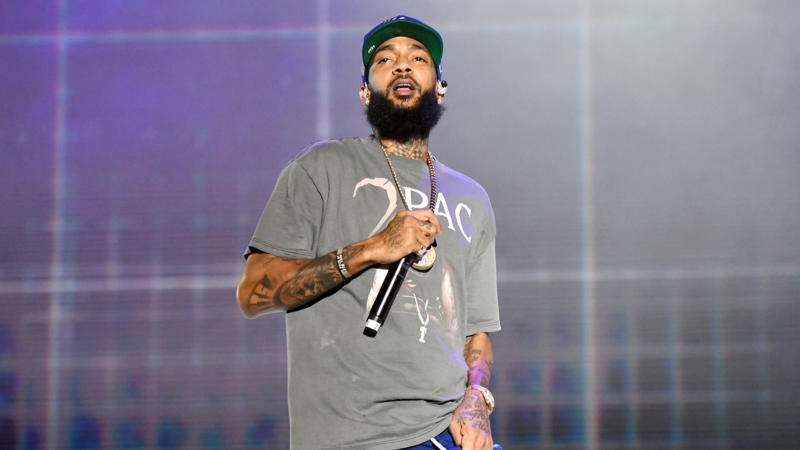It’s no secret that Nipsey Hussle and the legacy he left behind holds a special place in modern-day history.
The late rapper is deemed as a groundbreaker especially in his hometown of Los Angeles. However, despite his more than valuable contributions to the city, it’s now been revealed that he had more haters plotting on his downfall than what was initially foreseen.
The Guardian reports that Hussle and his businesses were profiled by an LAPD program called Operation Laser (Los Angeles Strategic Extraction and Restoration).
LAPD's Surveillance
The now-defunct secret program “attempted to use predictive policing technology to identify ‘chronic offenders’ and specific locations linked to gun violence and gangs,” according to the outlet.
The Force's Tactics
The LAPD has a known history of harassing the Black community, but its racially profiling program wasn’t made known to Hussle’s brother Samiel Asghedom. According to him, the police department held a track record of attempting to dim the light of Hussle’s endeavors from the very beginning.
“We were selling shirts, socks, clothing, and shoes across the street from the Louisiana Fried Chicken,” he recalled. “They would come and arrest us, cuff us, and take all of our stuff. We would be looking up as all of that happened like ‘Damn, we just lost thousands of dollars of merchandise. Y’all not doing this to nobody else. We trying to be legit.’”
Continuous Harassment
Even after opening the flagship store of the Marathon Clothing in 2017, the cops didn’t stop with their scrutiny. To their own belief, they expected the store to cause the crime rates to rise and wanted it shut down. In true Hussle fashion, their harassment — even going as far as urging for eviction — didn’t push him to the edge of moving out and stopping his movement for positivity. Marathon Clothing’s booming success made the owners sell the property to him and his business partners.
LAPD’s Operation Laser ended in 2019, the same as Hussle’s passing. However, with this new report, we should question what other programs are put in place that could negatively impact the Black community.


